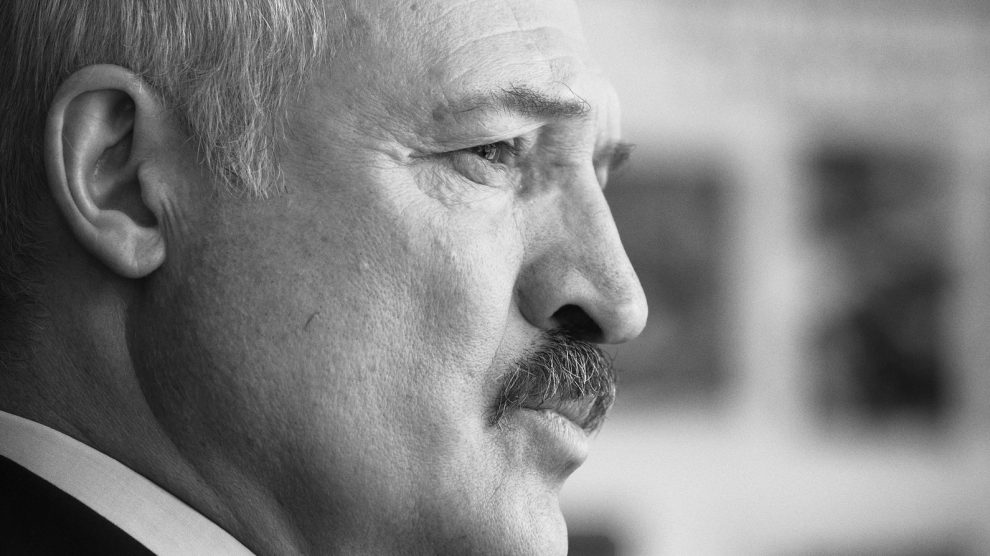With negotiations between the Belarusian and Russian governments regarding closer integration on hold, Belarus is increasingly looking to reduce its dependence on Russian oil exports and replace them with the help of European suppliers.
The Belarusian president Aleksander Lukashenko recently announced that his country, which relies heavily on Russian-imported fossil fuels, would cut Russian oil imports to around 30-40 per cent of its domestic market needs, adding that another 30 per cent should come via Baltic ports while the rest should be imported via Ukraine.
“Due to the introduction of a tax maneuver in the Russian Federation, the revenues of the Belarus central state budget are unavoidably going down and the performance of our oil refineries is getting worse,” Mr Lukashenko said, noting that the oil refineries in Belarus are also having problems with financing their ongoing operations and their investment programs designed to step up production.
“There is no full alternative to Russian oil and we have to diversify the sector,” Belarusian state media quoted him as saying.
Speaking at a government session on January 21, Mr Lukashenko added that he had also been discussing the possibility of importing oil from Kazakhstan. Russia, however, is actively blocking deliveries from Kazakhstan over a tariff dispute.
The Belarusian government has already purchased 80,000 tons from Johan Sverdrup, one of the largest Norwegian oil fields, and the first shipment is expected to arrive later this week through Lithuania’s Klaipéda oil terminal.
“At the moment, we have no other inquiries from Belarus regarding crude oil imports, but as we have already said, we estimate that today we could handle up to three million tons of crude via the terminal,” Giedrius Sabaliauskas, the business director of Klaipėdos Nafta, a Lithuanian energy company said.
Lithuania’s decision to offer Belarus a helping hand comes despite an ongoing dispute over a nuclear power plant in Astravets, Belarus. The power plant, which is located at the Belarusian-Lithuanian border, has long been criticised by the Lithuanian government, citing national security and environmental safety concerns. Regardless, Lithuanian foreign minister Linas Linkevičius has said that the country could offer an alternative for Belarus not just for oil, but also gas.
Over the past few weeks, the Belarusian authorities have also asked for offers on future imports from Polish, Ukrainian and Azerbaijani energy companies.
The Belarusian president’s initiative comes after the Belarus and Russia failed to strike a long-term deal on oil exports over pricing issues. On January 3, Belarus briefly suspended exports of Russian, which was followed by an interim agreement that allowed for a limited supply of 133,000 tons of oil to secure the operation of Belarusian refineries for January.
While the future flow of oil from Russia to Belarusian refineries is under question, Russian oil transit to Western Europe via its neighbour is continuing without disruption. At present, around 10 per cent of Europe’s oil supplies – 24 million tons of oil – come via the Druzhba pipeline through Belarus, with Russia accounting for more than a third of European oil imports.
Mr Lukashenko’s push to diversify his country’s energy needs follows a long series of talks between the Belarusian and Russian governments intended to forge closer relations under the so-called Union State Treaty of 1999.
In 2019, Russia stepped up efforts to force Belarus into a deal that many in the country see as a step towards the creation of a single state, or federation. However, talks have broken with the Belarusian president vowed to protect his country’s independence.
His latest move to diverge from Russian fossil fuels and replace them with European supplies is seen as a further demonstration of his desire to ensure that Moscow does not dictate the terms of any future relationship between the two countries.

